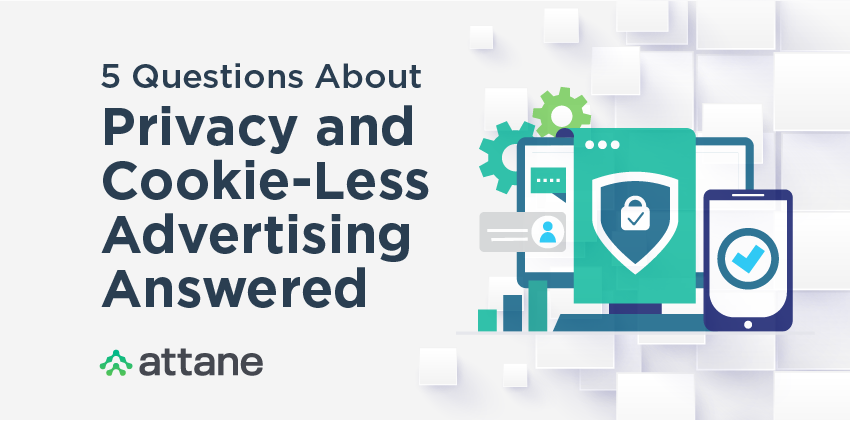Request A Demo
Get a closer look at how we can help you engage with success.
Senior Living

Digital advertising is evolving to protect privacy, but the end of third-party cookies does not mean ad performance or user experience will have to suffer. Responsible marketers must now provide innovative ad solutions that deliver results while respecting user’s privacy as they browse the web.
The gathering of user data across the web through third-party cookies has rapidly increased alongside targeted advertising. But while data collection has been instrumental for relevant ad delivery, its growth has also created distrust among consumers. Seventy-nine percent of U.S. adults report being concerned about the way their data is being used by companies, and 81% say the potential risks of data collection outweigh the benefits, according to Pew Research Center.
To address growing consumer privacy concerns, more regulatory restrictions continue to be passed, and internet browsers like Safari, Firefox, and Google Chrome have already removed or are in the process of removing all support for third-party cookies.
While third-party cookies are being phased out, first-party cookies and data will be still be vital, so it’s important to understand the difference.
First-party cookies are placed by the host domain. They’re often used to remember basic user information like shopping carts, usernames, and other data related to what a user did on your own website, but not on other websites.
Third-party cookies are placed by websites other than the one a user is currently visiting. The cookie tracks across sites to provide information to advertisers, like interests, age, geolocation, income level, etc., based on their browsing history.
About 80% of marketers rely on third-party cookies for their digital advertising efforts, according to Epsilon. Because cookies are so widely used to track visitors, collect data and improve performance, many aspects of advertising for those who depend on third-party cookies will be impacted, such as:
Reporting and insights will not be affected, and we provide results-delivering, innovative alternatives to data collected by third-party cookies that will ensure continued digital advertising success, such as:
Here’s a brief timeline explaining the evolution of privacy in the digital advertising industry:
Get valuable insights delivered to your inbox